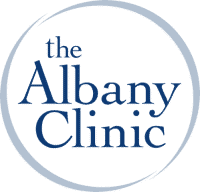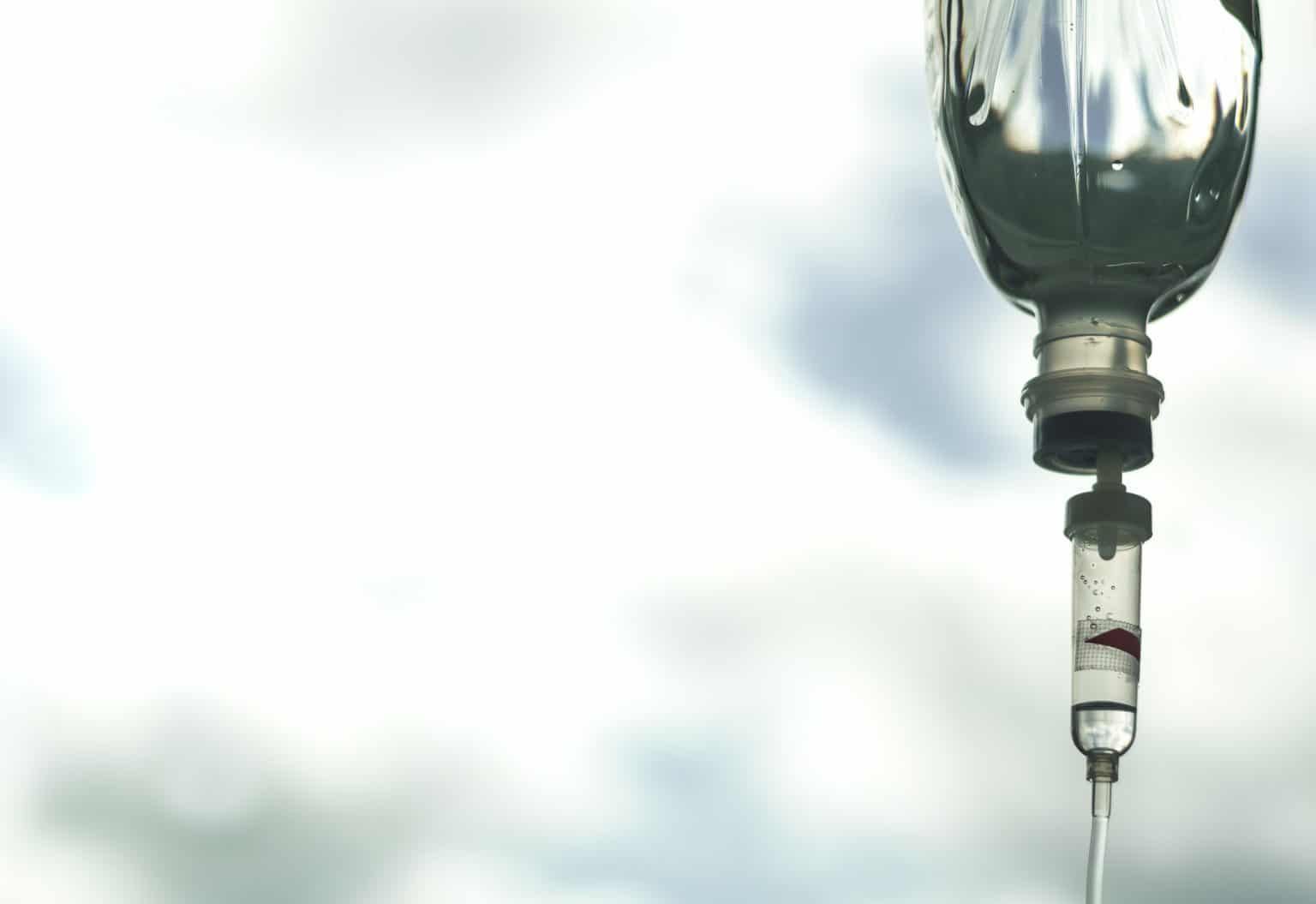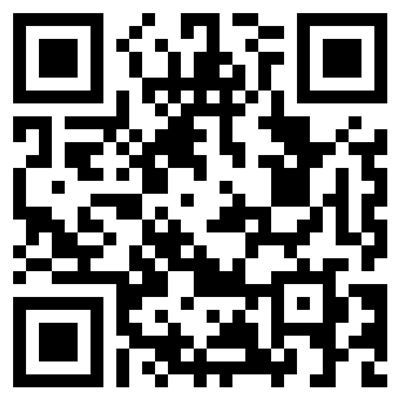Treatment Resistant Depression
General
-
What if I don’t have a mental healthcare provider?
Some patients are treated by their primary healthcare provider or family doctor for their symptoms. Either of these providers may refer you to The Albany Clinic for a consultation. We may refer you to a qualified mental health care provider if you do not have one.
-
Where is the Albany Clinic Located?
The Albany Clinic is located at 35 Albany Rd, Suite A in Carbondale, IL 62903. We have a map on our website which will help you locate us.
-
Can I schedule my own procedure?
No, patients may not schedule their own procedures. Patients may make their own appointment for a consultation, but no procedure will be done without a pre-procedural psychological evaluation by a qualified healthcare provider.
-
Will I need someone to accompany me to the procedure?
Yes, you must bring someone with you who can drive you home. You will be monitored after the procedure to make sure that you can safely leave the clinic. You may not drive or operate heavy machinery the day of the procedure.
-
Will I be able to return to work right after a procedure?
You will not be able to return to work on the day of the procedure. You can, however, return to work on the following day providing that no complications arise.
-
How can I schedule a consultation?
You may request a consultation through our website. Anyone may request a consultation, however, no procedure will be scheduled without an evaluation by a qualified healthcare provider.
-
What payment methods are acceptable at The Albany Clinic?
We will accept cash, checks, and most major credit cards. If paying by personal check, we must receive the check 3-5 days prior to the date of your procedure.
-
How do I prepare the day of the procedure?
We will give you written instructions on how to prepare and what to expect before the procedure. The instructions for each patient will be individualized according to overall health history and medication history.
-
Are there any medications that I should not take before the procedure?
Patients who are candidates for IV Drug Infusion Therapy have no restrictions on medications that they routinely take. However patients who are scheduled for an SGB, must withhold blood thinners in accordance with recommendations from their prescribing physician.
IV Drug Infusion Therapy (IV-DIT)
-
What is the success rate of IV Drug Infusion Therapy?
The success rate of IV-DIT as an intervention for Treatment-Resistant Depression is high, but it is subject to the individual’s severity of symptoms. The vast majority of patients experience a significant reduction in their symptoms.
-
Is IV Drug Infusion Therapy FDA approved?
The IV form of ketamine has been FDA approved as an anesthetic agent for decades, however, it’s use as a rapid acting antidepressant has not been studied by the FDA for that purpose. Consequently, its use as an antidepressant is considered “off-label”.
-
What does “off-label” mean?
The term “off-label” indicates that a medication is being used in a manner for which the FDA has not performed clinical trials. “Off label” uses of medications are common in medicine and are considered appropriate. As an example, aspirin has never received FDA approval for the primary prevention of a heart attack, but it is recommended by the American Heart Association for that specific use.
-
Does insurance cover IV Drug Infusion Therapy?
Some insurances may cover the cost of IV Drug Infusion Therapy. We will provide you with all the documentation necessary to submit a claim, however, we must have payment in full prior to the procedure.
-
How much will it cost?
The cost for one session, or one infusion, is $500 which must be paid at the time of administration. The cost may be more if additional medications are added to the infusion.
-
How many infusions will I need to receive?
Most patients will require more than one infusion even though many will receive significant relief with the initial infusion. Many other clinics will require patients to pay the cost of two or more infusions at the time of the first infusion. At the Albany Clinic, however, we will only require payment for the treatment being given that day.
-
How long does it take to feel relief of my symptoms with IV-DIT?
The relief of symptoms varies according to the individual patient, however most patients experience significant relief almost immediately following the infusion. It has also been shown that relief of suicidal ideation can occur within minutes to hours of IV infusion of ketamine.
-
Will I need to continue to seek help after receiving an IV-DIT?
Yes. After your infusion, you will need to have a follow-up by your mental health care provider. Dr. Garwin and your mental health care provider will determine whether you will need to schedule a subsequent infusion.
Stellate Ganglion Block
-
What is the Stellate Ganglion?
Stellate Ganglion Block (SGB) is a safe procedure that has been in wide medical use since the 1920’s. An injection of a long-acting local anesthetic is placed around a collection of nerves located on the right side of the neck. These nerves control the “fight or flight” response of the sympathetic nervous system. The Albany Clinic performs SGB using ultrasound guidance, a state-of-the-art technology that allows for better visualization of anatomical structures.
-
What is the success rate of Stellate Ganglion Block?
Over 70% of patients receiving an SGB experience significant relief of their PTSD symptoms almost immediately, however, a significant number of patients will request a second SGB several weeks later to further reduce their symptoms.
-
Will insurance cover SGB?
At present, many insurers, including the VA, do not cover the cost of SGB although some may. We will provide you with all the documentation necessary to submit a claim, however, we must have payment in full prior to the procedure.
-
How much will SGB cost?
The cost for an SGB injection is $1,375, which must be paid at the time of administration.
-
How long will the effects last?
Most patients experience significant relief of their PTSD symptoms for weeks to months and occasionally permanently. Most patients however will request another SGB if their symptoms reoccur.
-
Will I have to receive more than one SGB?
Some will require more than one SGB, however each patient responds uniquely and some may get sufficient relief of symptoms with only one SGB. It is important to follow through with the mental health strategy that your provider has made for you, as SGB is not meant to be the sole treatment for your symptoms.
-
Will I need to continue to seek help after receiving an SGB?
Yes. You must maintain your relationship with your mental healthcare provider and continue to participate in your mental health treatment strategy.
TMS
-
What is TMS?
Transcranial magnetic stimulation or TMS is a non-invasive, diagnostic and therapeutic technique that uses small magnetic fields to stimulate or inhibit regions of the brain by electromagnetic induction through a small generator coil (Figure-8 or H-coil), placed over the patient’s head. It can be used for the treatment of conditions such as depression and obsessive-compulsive disorder (OCD).
-
How does it work?
TMS delivers magnetic pulses to certain brain regions, producing changes in the activity of the brain cells. The frequency of pulse delivery influences whether brain activity is increased or decreased in the affected cells. This means that the effects of TMS treatment can be long lasting because it changes the patterns by which nerve cells and brain networks connect and communicate with each other.
-
How long is a typical TMS course?
Every patient is different. Most large TMS research studies provided treatment five days a week for 4-6wks up to 36 sessions for a figure of 8 coil treatment. H-coil treatments have been studied for 5 days a week of treatment followed by 12 weeks of treatment 2 times a week for a total of 44 sessions. There is no demonstrated toxicity from treatment beyond this amount of sessions and, in some situations, it may be reasonable to continue treatments beyond this number. Some people may require a schedule of maintenance treatments to maintain their treatment results.
-
How is TMS different from ECT?
How is TMS different from ECT?
Both TMS and ECT are forms of neuromodulation used to treat depression. Electro-convulsive therapy (ECT) involves passing an electric current through the brain. This causes a generalized (grand mal) seizure. It therefore requires a general anesthetic. While having ECT, patients may require inpatient care or require someone to drive them to and from ECT treatments. ECT can cause short term memory loss for the period before and after each treatment session. Patients usually have 6-12 treatment sessions over three to six weeks and few patients have memory loss for this whole time period.
TMS uses an electromagnetic coil to create an alternating magnetic field over the scalp and this magnetic field induces small currents in the brain.
TMS is an outpatient procedure that does not require an anesthetic and patients can resume their normal life activity after the session.
Both TMS and ECT can lead to a rapid improvement in symptoms. Up to 70% of depressed patients who fail to respond to antidepressants respond to ECT and about 60% of patients who fail to respond to antidepressants respond to TMS.
Some patients who fail to respond to ECT will respond to TMS and some patients who fail to respond to TMS will respond to ECT. ECT is still considered the best treatment for some patients with very severe depression, psychotic depression or catatonia. Your doctor will advise you about which is the best treatment for you.
-
How is TMS different from Antidepressants?
Antidepressants work by modifying the actions of neurotransmitters (brain chemicals) or modifying neurotransmitter receptors. TMS induces small electrical currents in the brain which improve the connections between brain cells and increase the growth of brain cells. Treatment with antidepressants involves taking medications which are absorbed through the mouth, stomach and small intestine with possible side effects throughout the body. They can cause adverse effects such as gastrointestinal side effects weight gain and can have an effect on sexual function (reduced sex drive and delayed ejaculation). Patients can also be allergic to antidepressants or other chemicals contained in the medication.
TMS does not involve the ingestion of chemicals, therefore, there are no systemic adverse effects. There is no impact on the digestive system, on sexual function, cognition and there are no allergic responses. The only side effect with TMS that is greater than 5% is transient site pain, headache which abates typically within the first week as patients desensitize to the treatment.
Antidepressants modify brain chemicals and receptors via an effect on protein synthesis, they can take between three to six weeks to work, while TMS has a faster onset of action. Studies show that in patients who have not responded to two or three antidepressants the response rate the next antidepressant is 10-15%. If such patients are given TMS, the response rate is about 60%.
-
How long is the TMS session?
How long is the TMS session?
Your doctor will discuss with you the best way to administer TMS. The session lasts between three and 37 minutes depending on the protocol used.
-
How effective is TMS?
TMS can be very effective in the treatment of depression. For over 20 years it has demonstrated the ability to improve depression symptoms in patients in research studies as well as under more real-world conditions. In one of the largest studies of patients treated with TMS for depression, around 60% of participants reduced their symptoms by at least 50% (responded) and around 30% of participants no longer met criteria for depression (remitted). This study did include some participants who have been treated with ECT to manage their symptoms and they had equal chances to achieve improvement compared to people who had not had ECT in the past. TMS is effective in the treatment of obsessive-compulsive disorder (OCD) as well. Around 40% of participants in the landmark study for FDA (Food and Drug Administration) clearance achieved remission and around 60% of participants responded to treatment. This is just a sample of some of the illnesses that TMS has been demonstrated to effectively treat but there are other illnesses that are under investigation or approved in countries outside of the United States including PTSD, stroke rehabilitation, and chronic pain.
-
What conditions does TMS treat?
TMS has been tried as a treatment for different mental health and neurological conditions such as, depression, obsessive compulsive disorder (OCD), post traumatic stress disorder (PTSD), anxiety, addiction, eating disorders, dementia, autism, migraine, neuropathic pain, fibromyalgia, post stroke conditions … etc. However, the current evidence to support the use of TMS in treating different conditions vary significantly. At the present time there is very strong evidence to support the use of TMS as a treatment for depression. This led to TMS being used in the treatment of depression in many countries around the world. For example, in 2008 the FDA approved the first TMS machine for the treatment of depression and in 2015 NICE (National Institute for Health and Care Excellence) in the UK recommended TMS as a treatment for depression. The FDA also approved some TMS devices to be used for the treatment of OCD and Migraine. The evidence supporting the use of TMS as a treatment for different mental health and neurological conditions is growing very quickly. Therefore, we advise you to check with your treating doctor if TMS could be a possible treatment option for your condition. You can find a TMS clinician in your local area by checking find a provider page on our website.
-
Who cannot have TMS?
TMS is a well-tolerated treatment, the vast majority of patients can have TMS. People with non-removable metallic, ferromagnetic objects which is less than 30 cm from the treatment coil might not be suitable for TMS and should consult with their TMS prescriber if they have any of these items:
- implanted electrodes
- stimulators
- aneurysm clips or coils
- cochlear implants
- stents in the head
- metal fragments
TMS can still be given to people with certain types of stents and implants. People with implanted cardiac defibrillators cannot have TMS. Dental work including fillings/implants and piercings are not a contraindication for TMS.
Current TRD Treatment Options
For almost 60 years the only available medications for the treatment of patients with depression have been Selective Serotonin Reuptake Inhibitors (SSRI) and Selective Norepinephrine Reuptake Inhibitors (SNRI). SSRI medications include Zoloft®, Paxil®, Celexa®, Prozac®, and Lexapro®, among others. SNRI medications include Effexor® and Cymbalta®, among others. While these medications are commonly prescribed, only about a quarter of the patients who take these medications achieve remission from their symptoms of depression.
Unfortunately, individuals who suffer from Treatment-Resistant Depression rarely find relief using either of these types of medications. In response, physicians will often try modifying the patient’s medication regimen by increasing the dosage of currently prescribed medication, adding another antidepressant, or prescribing a medication that is typically prescribed for another condition. Some form of psychological counseling will often be used in conjunction with prescribed medications, the most common being Cognitive Behavioral Therapy (CBT) and Prolonged Exposure Therapy (PET).
Why Choose The Albany Clinic for PTSD?
At the Albany Clinic, we treat Treatment-Resistant Depression with IV Drug Infusion Therapy. IV Drug Infusion Therapy delivers medications as a constant infusion. Ketamine is the primary medication used in these infusions, and it achieves rapid symptom relief. There are now dozens of studies that have been performed in multiple countries which have demonstrated ketamine’s efficacy. Ketamine has a distinct advantage over the traditional medications used because of the rapidity with which it relieves symptoms.
Another procedure we use to bring relief to patients is Transcranial Magnetic Stimulation Therapy (TMS). It is a highly effective treatment for depression that uses magnetic pulses, similar in strength to magnetic resonance imaging or MRI machines, to electrically stimulate nerve cells in small underactive regions of the brain that are thought to control mood in order to relieve symptoms of depression. Overall, studies have shown that TMS has an 82% success rate in treating people with resistant depression.
Both can be life saving, especially when suicidal ideation is present.





